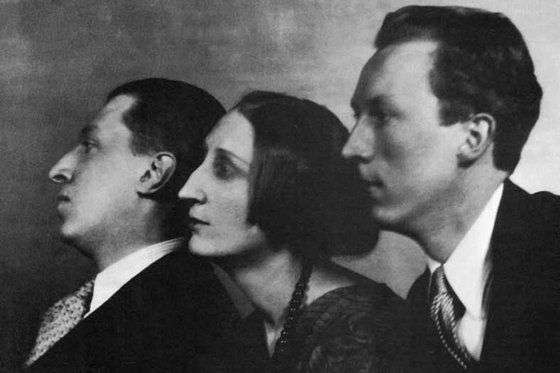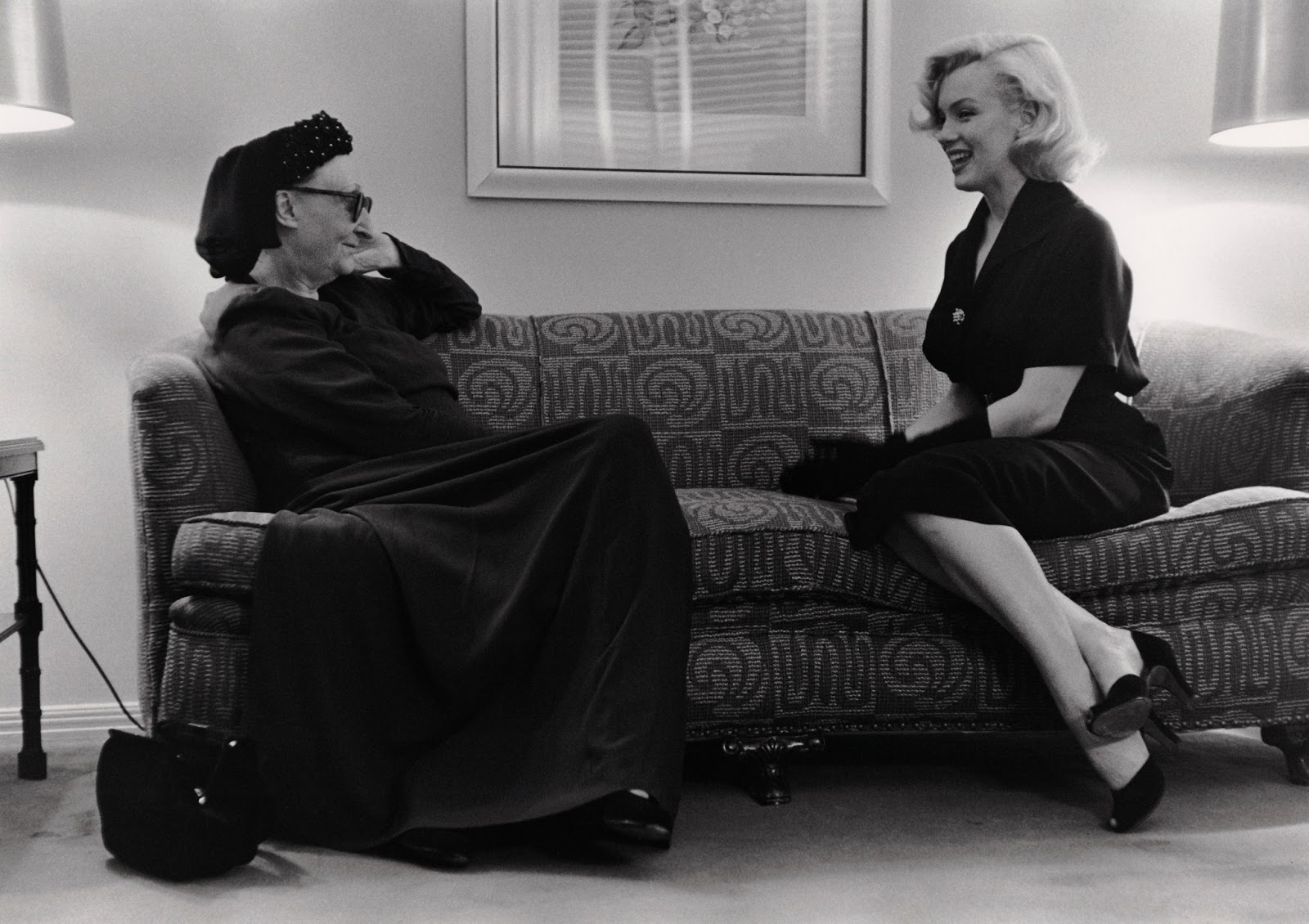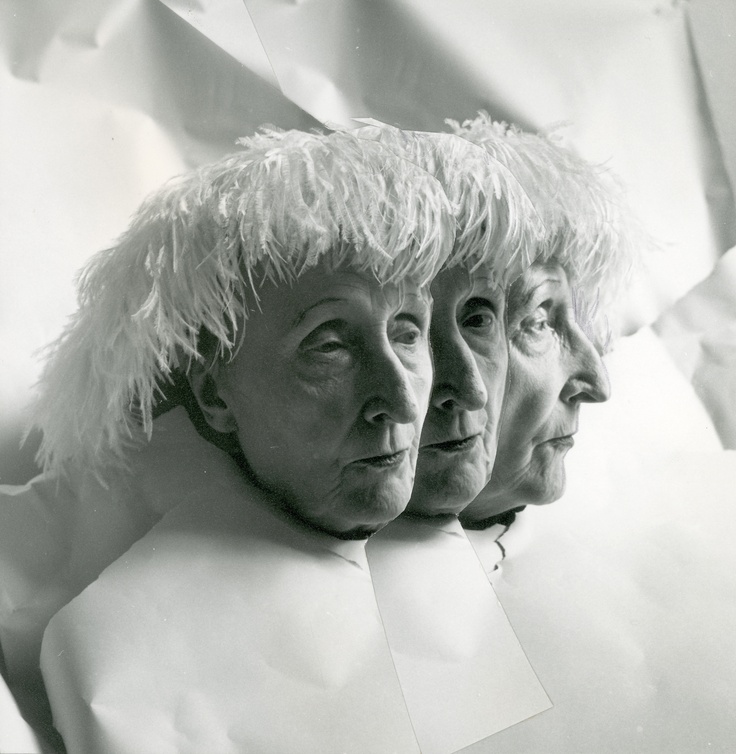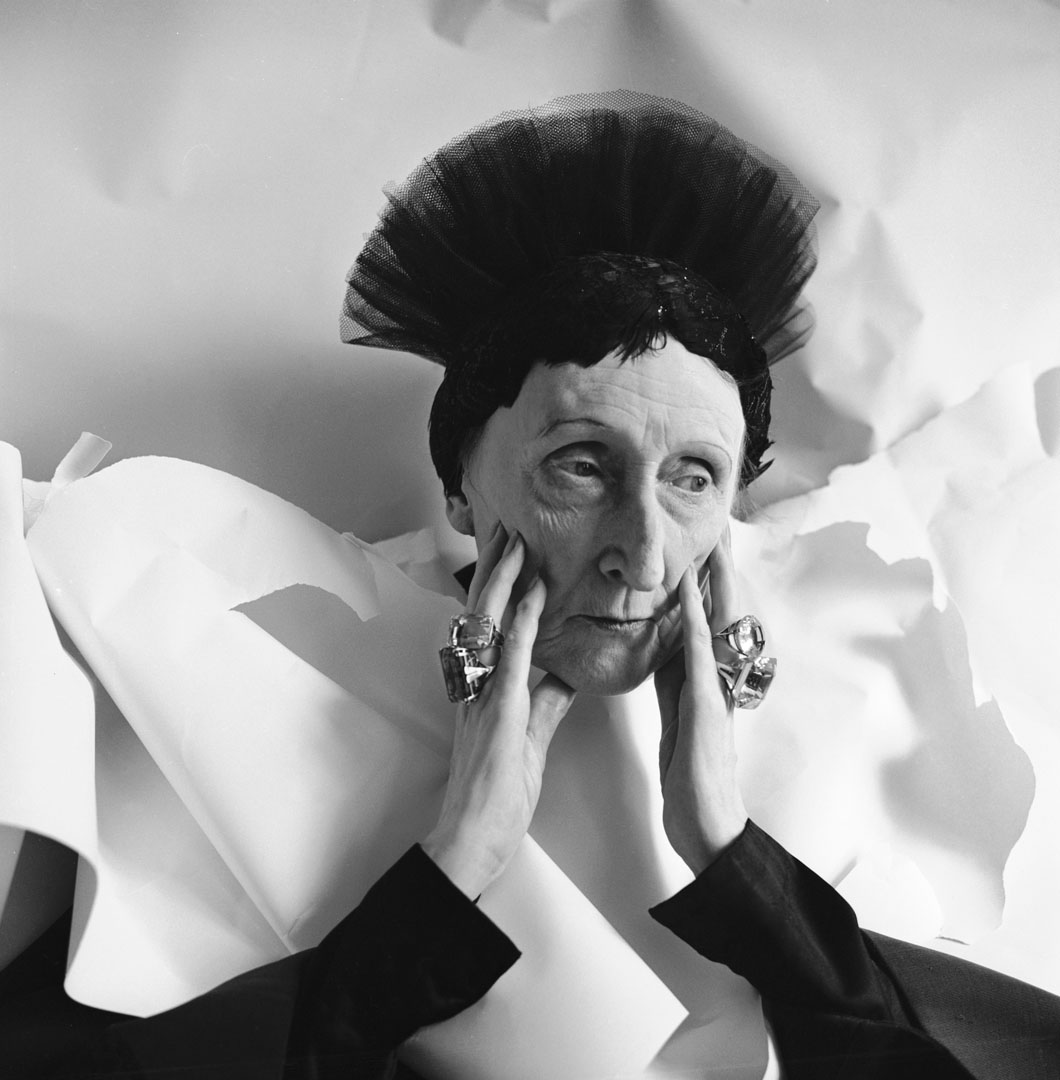…
During the London Blitz in 1940, Edith Sitwell wrote Still Falls the Rain, perhaps her most famous poem, a Good Friday poem that ponders human suffering and the salvation of the soul, a harbinger of Dame Edith’s conversion to Catholicism. When I was a kid beginning to think about poetry there were celebrity poets we knew about without having to know the poets at all. Carl Sandburg and Robert Frost were both alive in the early Sixties. Edna Saint Vincent Millay and Dylan Thomas, recently dead, were remembered. There was the funny Ogden Nash and e. e. cummings who didn’t capitalize, and if he did, it wasn’t where I expected; we needed the page to watch his word games. Dame Edith Sitwell, whatever you might think of her, was a hoot just waiting to be photographed with her arched eyebrows, crazy headgear, and fingers heavily bejeweled. In that interesting seminal time in Europe between the wars, the sonorous Sitwell performed her poems on stage with abstract props and musical instruments, through holes in walls and megaphones, the sound of her words meant for the ear in the air, not a page full of words. From time to time her critics threw garbage, but her two biographies of Queen Elizabeth the First were best sellers. “I write prose to make money,” she told us. She was generous to other poets and helped to get the ones she liked published. She was very kind to a young Dylan Thomas. Who thinks of Dame Sitwell now, or her equally famous brothers at the time, Osbert and Sachervell? Not much remains, but Benjamin Britten liked Still Falls the Rain so well, he wrote music for it. Two versions follow Edith Sitwell’s reading and the poem below.
…
…
Still falls the Rain—
Dark as the world of man, black as our loss—
Blind as the nineteen hundred and forty nails
Upon the Cross.
Still falls the Rain
With a sound like the pulse of the heart that is changed to the hammer-beat
In the Potter’s Field, and the sound of the impious feet
On the Tomb:
Still falls the Rain
In the Field of Blood where the small hopes breed and the human brain
Nurtures its greed, that worm with the brow of Cain.
Still falls the Rain
At the feet of the Starved Man hung upon the Cross.
Christ that each day, each night, nails there, have mercy on us—
On Dives and on Lazarus:
Under the Rain the sore and the gold are as one.
Still falls the Rain—
Still falls the Blood from the Starved Man’s wounded Side:
He bears in His Heart all wounds,—those of the light that died,
The last faint spark
In the self-murdered heart, the wounds of the sad uncomprehending dark,
The wounds of the baited bear—
The blind and weeping bear whom the keepers beat
On his helpless flesh… the tears of the hunted hare.
Still falls the Rain—
Then— O Ile leape up to my God: who pulles me doune—
See, see where Christ’s blood streames in the firmament:
It flows from the Brow we nailed upon the tree
Deep to the dying, to the thirsting heart
That holds the fires of the world,—dark-smirched with pain
As Caesar’s laurel crown.
Then sounds the voice of One who like the heart of man
Was once a child who among beasts has lain—
“Still do I love, still shed my innocent light, my Blood, for thee.”
 The Trio: Osbert, Edith, and Sacheverell Sitwell
The Trio: Osbert, Edith, and Sacheverell Sitwell
…
…
…
Still Falls the Rain, Canticle III by Benjamin Britten
…
…
…
 With Marilyn Monroe
With Marilyn Monroe
…
 Multiple Exposures, Cecil Beaton, 1962
Multiple Exposures, Cecil Beaton, 1962
…
…
